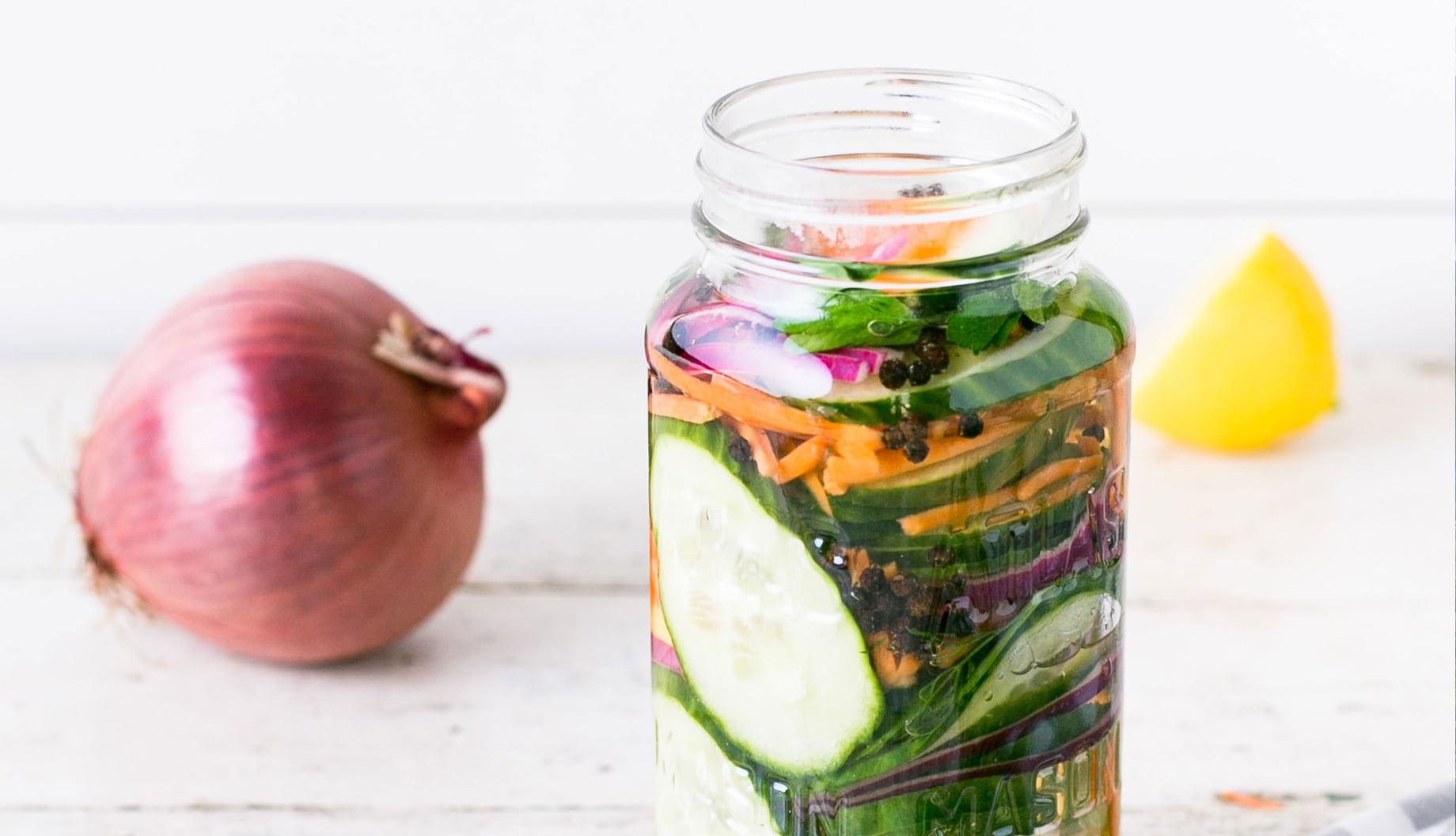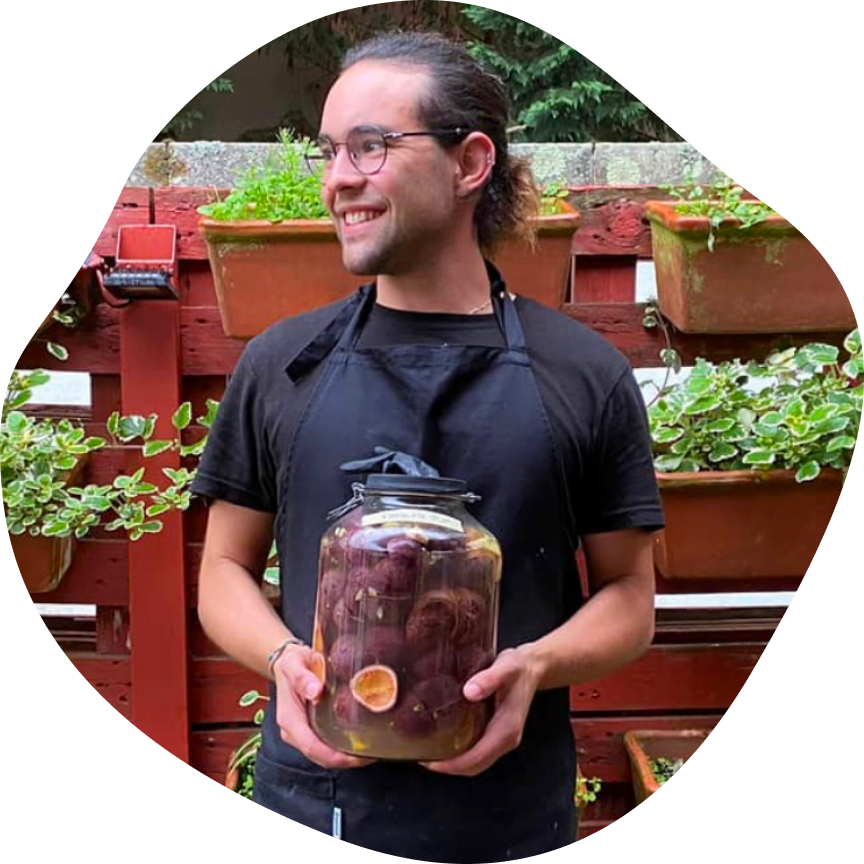From water to honey: notes and essential ingredients for successful fermentation
Fermented food and drink is enjoyed in many cultures around the world. Much of the food we eat on a day-to-day basis such as coffee, chocolate, cheese, salami, olives, beer, wine, kombucha (…) is fermented.
Fermentation is a natural process in which carbohydrates are converted into alcohol and carbon dioxide or organic acids using yeast, bacteria, or both, in the absence of oxygen.
It is used to preserve products, but also for its nutritional value. Each culture has its own tradition when it comes to products, from miso in Japan, kombucha in China, kimchi in Korea to carrot and cucumber pickles in Scandinavian countries.
We can benefit from these combinations by including them in our day-to-day diets, they are easy and tasty and are much better than the ones we can buy in supermarkets.
Notes and ingredients:
Water- Pure water is essential for fermentation. Any chemical like chlorine in the water is not going to allow the fermentation to work as it is supposed to. You can use bottled mineral water but for a more economical option you can use tap water. You have to put the water in a wide bowl and cover it with a cloth and leave it in the open air overnight to allow the chlorine to evaporate.
Milk – Raw, organic, unpasteurized milk is the best option for making yogurt and kefir. Raw milk is hard to come by, so organic milk is recommended. Whole milk works better and gives a better taste.

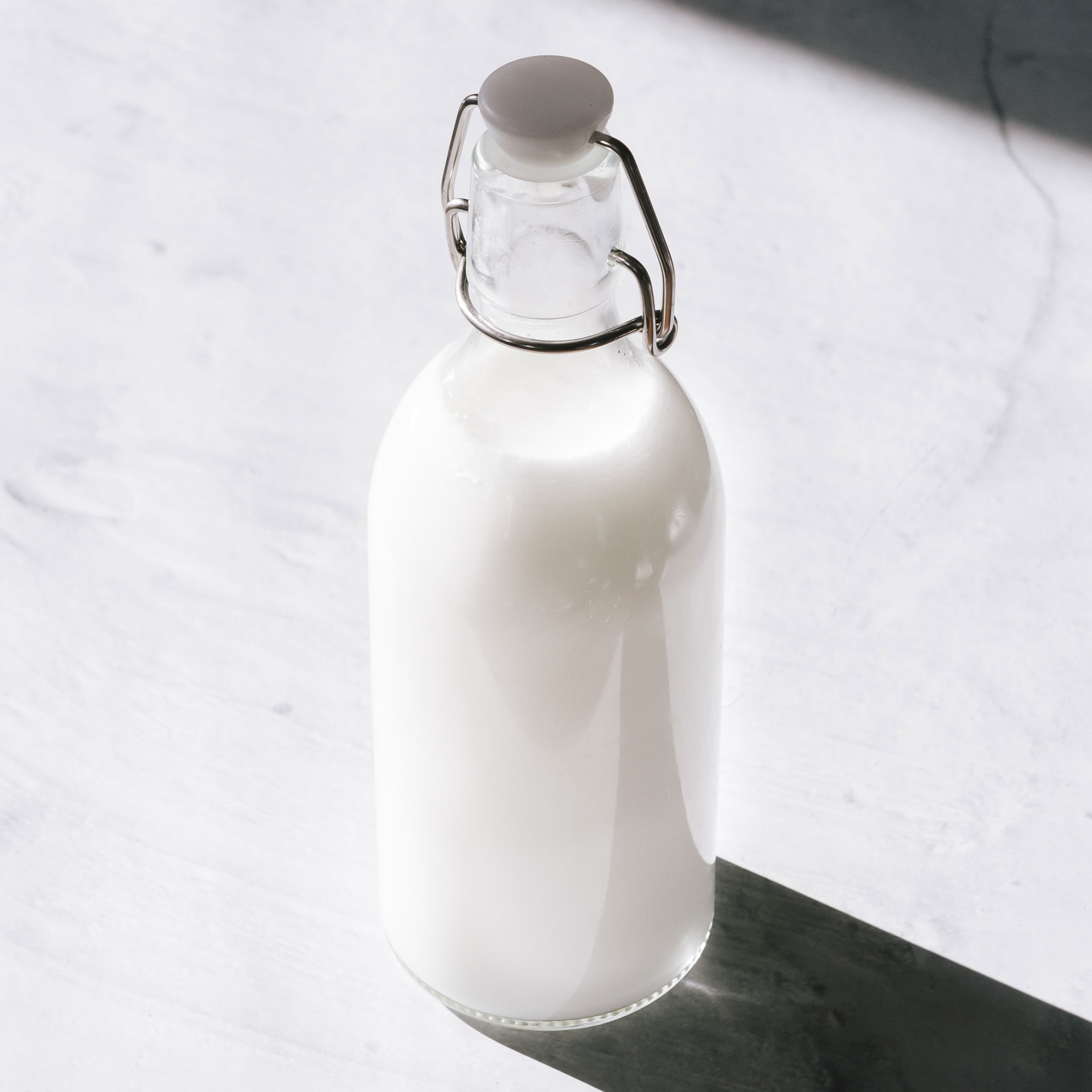
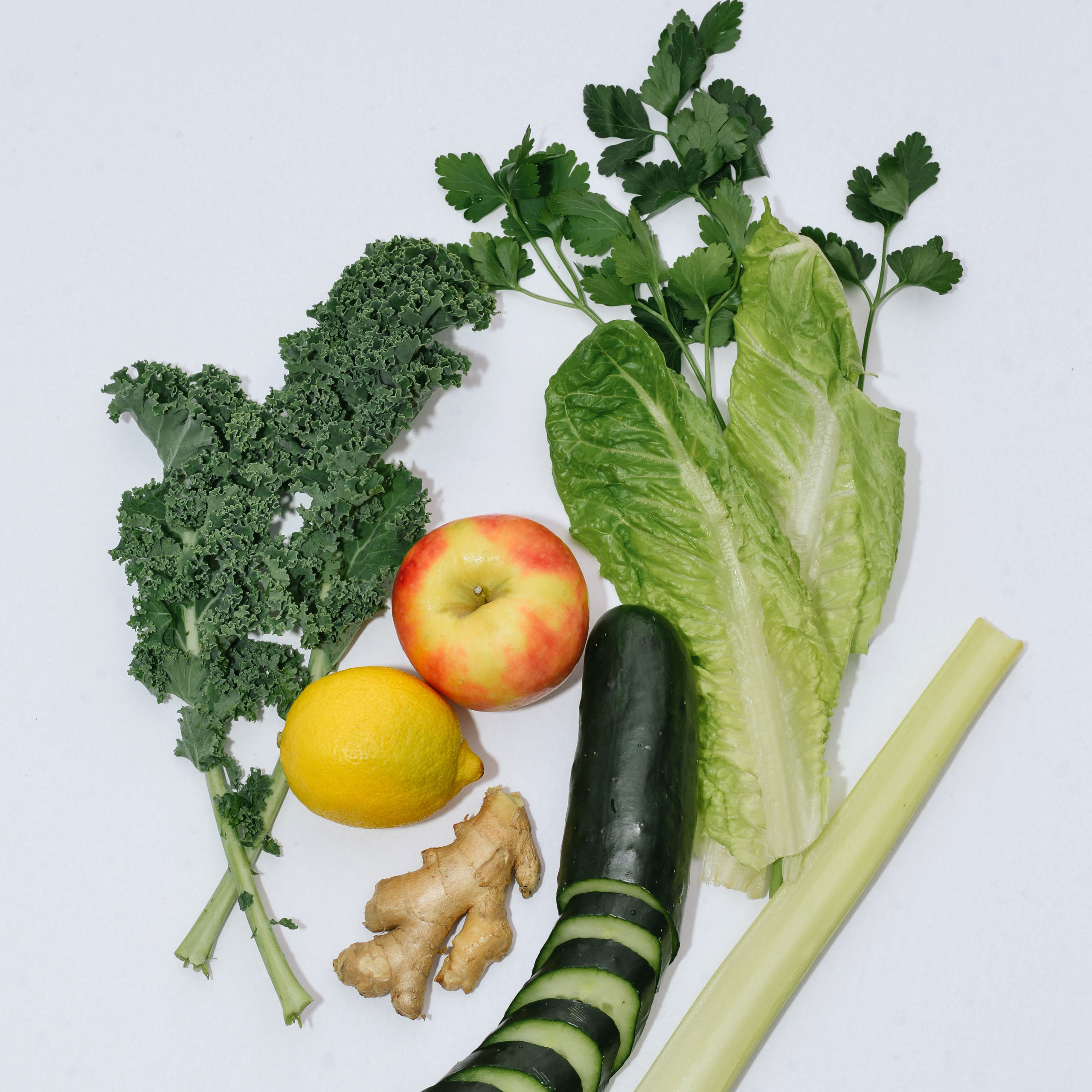
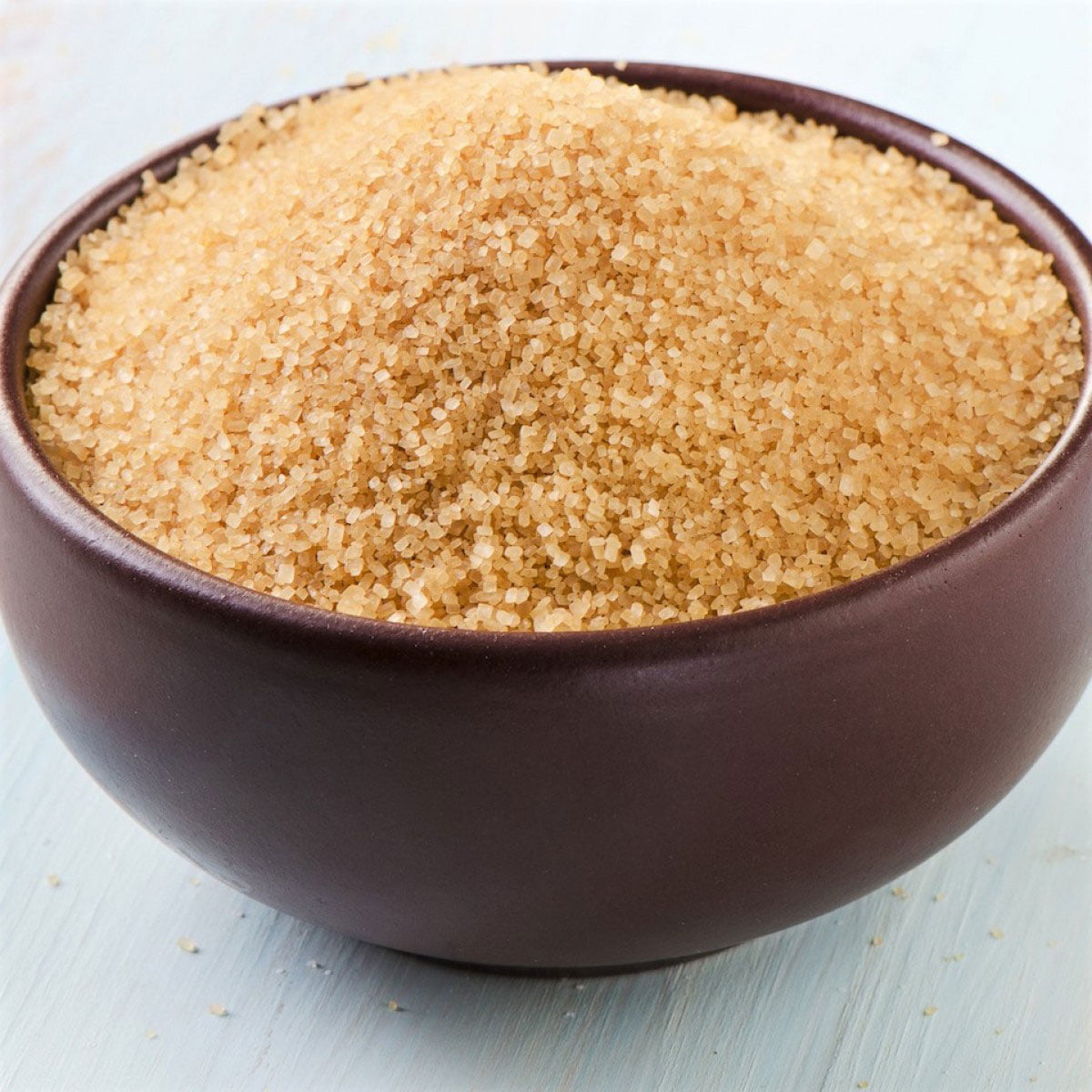
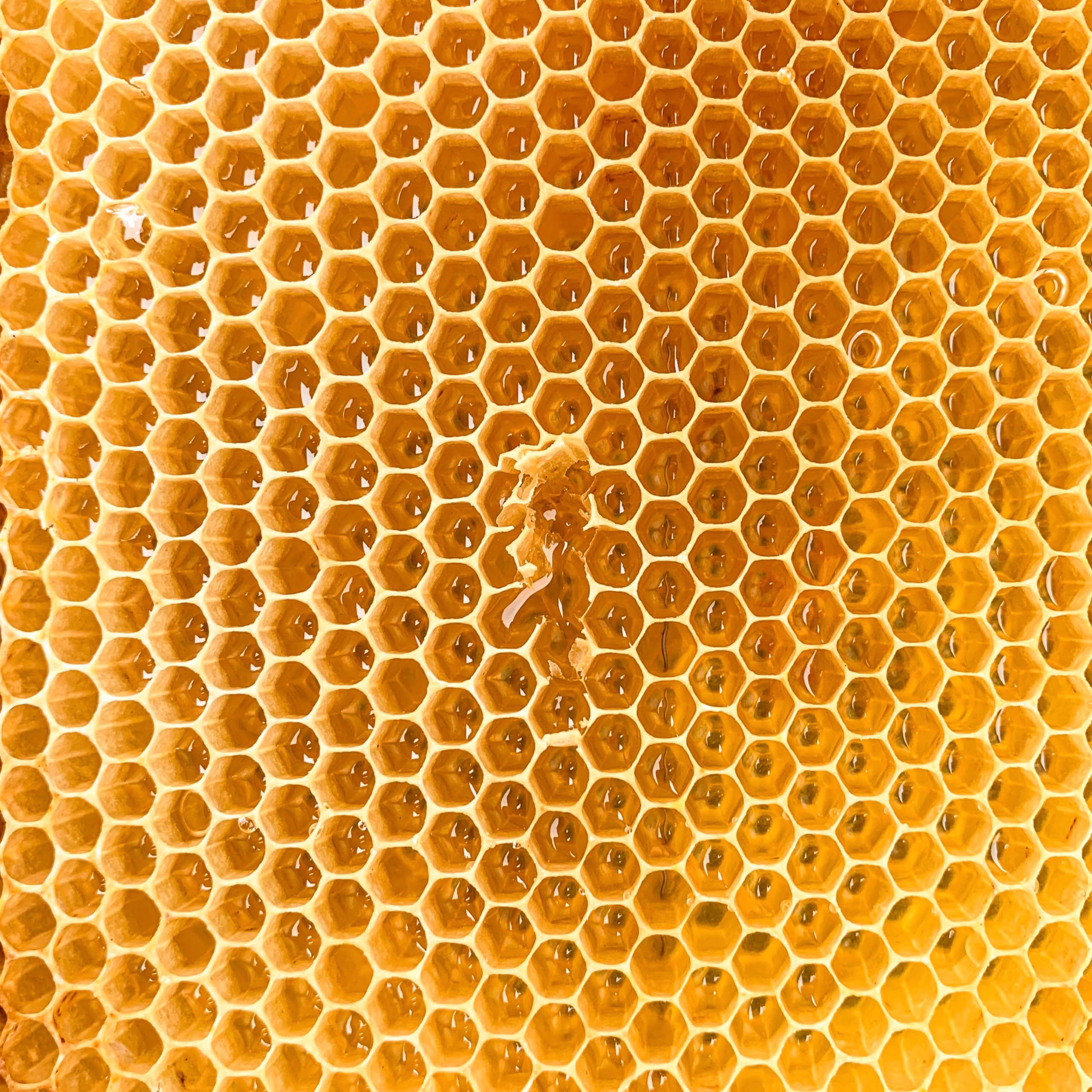

Vegetables and fruits – For fermentation to occur best, the ingredient has to be pureed, natural, and without additives. Organic vegetables and fruits are preferable when they are raw ingredients to be fermented. When vegetables are used, it is always necessary to rinse them. It is always better to check the condition of the products, giving some cuts because mold is always a hypothesis.
Sugar and honey – Where sugar is requested, it is always best to use organic. Honey should be raw because it is in this state that it offers the best health and nutritional benefits. Raw honey is rich in enzymes and antioxidants due to not having had a temperature treatment.
Salt- Coarse salt (the purer the better) is an always important product when we do any type of fermentation. The more refined salt is, the more iodine it will have, which will cause crucial microorganisms to die.
Fermentation is easier than it seems and when we get into the routine and discover the thousand wonders it brings us, it is something that stays with us!


